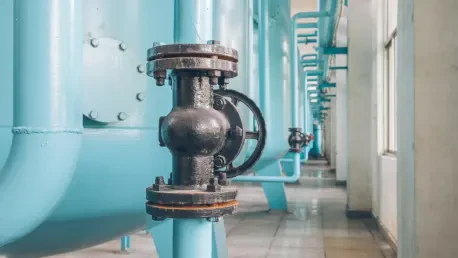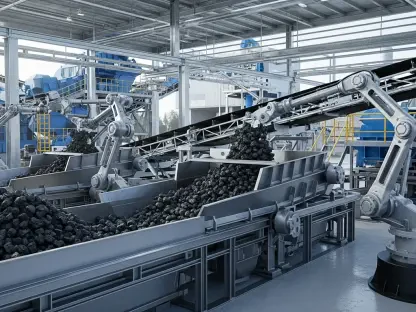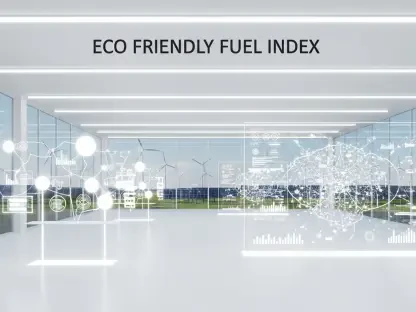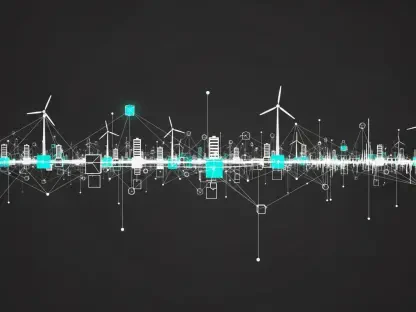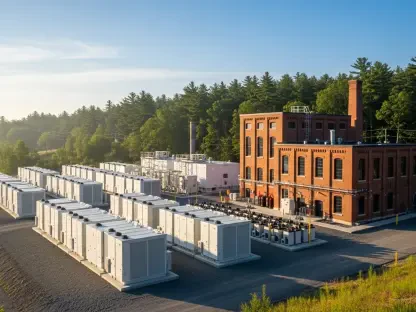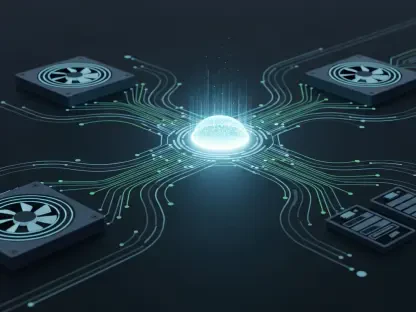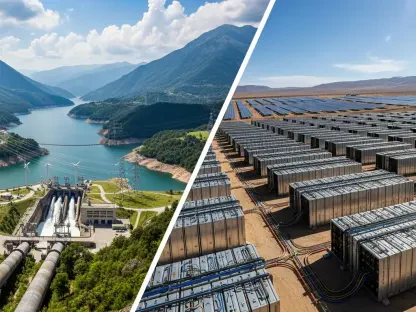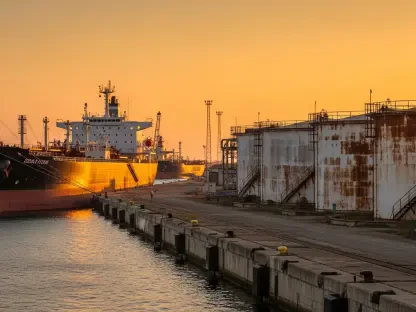Europe’s energy landscape has encountered an unexpected challenge as Qatar, one of the world’s dominant liquefied natural gas (LNG) exporters, threatens to cut supplies to the European Union (EU). This response is tied to the EU’s corporate sustainability due diligence directive (CSDDD), which imposes strict climate requirements on companies. Understanding this situation requires a careful analysis of current market dynamics, potential shifts, and future scenarios.
Interconnected Energy Reliance and Regulatory Tensions
The post-conflict environment in Ukraine has seen Europe increasing its reliance on Qatari LNG, making it a critical supplier as the continent seeks alternatives to Russian gas. This reliance is now at the heart of tension as the EU’s CSDDD introduces new compliance challenges, particularly with climate transition plans aligning with global targets. Qatar views these demands as infringing on national sovereignty, proposing amendments to remove stringent climate stipulations. This conflict underscores a broader challenge of how regulatory frameworks can strain international trade relationships in the energy sector.
Examining the Economic Impact of the Sustainability Directive
Compliance and Sovereignty Challenges
The sustainability directive presents a dual challenge, requiring companies to develop climate change transition plans while inadvertently impacting their sovereign rights to choose their climate strategies. Qatar’s resistance to such directives emphasizes the difficulty in balancing enforceable environmental policies with the respect for a country’s autonomy. This scenario raises important questions about the fairness and effectiveness of applying universal regulatory standards to diverse international contexts.
Balancing Market Demands and Environmental Responsibilities
Many regions, not just Europe, are grappling with the delicate balance between maintaining a stable energy supply and advancing sustainability goals. This complex situation is emblematic of a broader global struggle where environmental goals sometimes conflict with economic and geopolitical priorities. The EU faces pressure to ensure its policies do not jeopardize urgent energy security needs, becoming a critical case study in navigating these competing demands.
Projections and Future Market Dynamics
Analyzing the potential future, renewed emphasis on technological innovations, along with global market shifts, points to an evolving energy landscape. As Qatar’s threat looms, the potential for revised contracts, new partnerships, and energy diversification could reshape the market. Experts foresee scenarios where innovations in cleaner technologies and more flexible policy frameworks might successfully integrate energy needs with sustainability aspirations, indicating a transformative decade ahead.
Strategic Insights and Recommendations
Stakeholders must engage in constructive dialogue to reconcile these pressing issues, emphasizing collaborative strategies that align economic, environmental, and political objectives. By exploring successful models from other industries and investing in sustainable energy technologies, the EU and Qatar can potentially navigate this crisis. Promoting transparent communication and seeking mutually beneficial solutions will be crucial in effectively addressing both immediate challenges and long-term objectives.
The Qatar-EU LNG supply tension highlights the inherent complexities in achieving sustainable energy policies within an intertwined global economy. As the situation continues to evolve, it offers valuable lessons in balancing regulatory and market interests with geopolitical realities. This experience should serve as a catalyst for developing adaptable and inclusive approaches that prioritize stability alongside environmental integrity in future policy-making frameworks.
